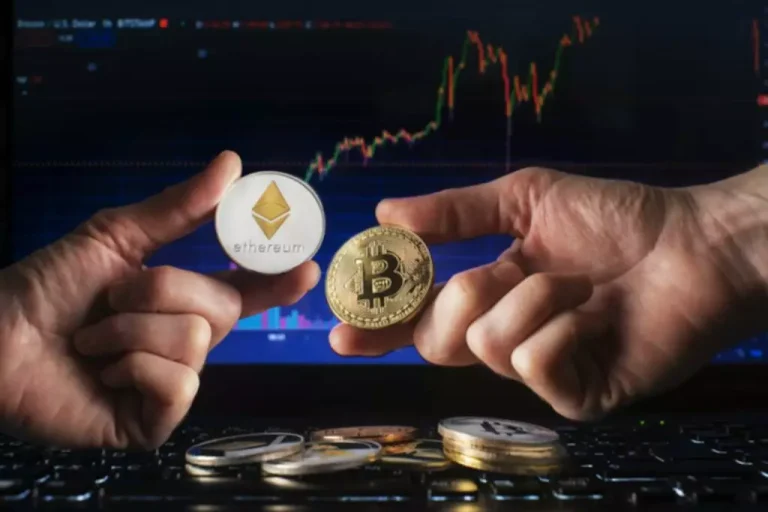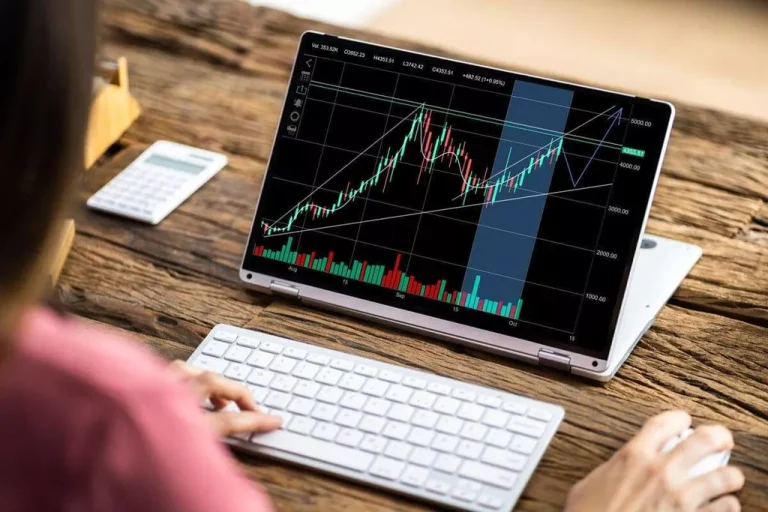A major advantage of decentralized exchanges is enhanced privateness, as they do not require private data for buying and selling. On a truly decentralized trade, however, prospects don’t have to belief what is a centralized exchange anyone with their funds. Instead, blockchain verifies the whole buying and selling operation and buyers and sellers work directly with one another. Customers maintain their very own funds in their very own digital wallets and trade them on the decentralized change.
- Entrepreneurs, seeing a possibility, created business models for exchanges that stored non-public keys and related patrons and sellers.
- What’s extra, utilizing centralized servers additionally will increase the possibility of crashes and different issues, as there is a single, central level of failure present that might be exploited.
- They are additionally less prone to hacking as they’re constructed on blockchain know-how.
- Do not make the mistake of considering that centralized exchanges are for amateurs and DEXs are for consultants.
Decentralized Exchange Vs Centralized Trade: A Comparability
These platforms use order guide matching know-how to efficiently execute trades. They additionally maintain custody of customers’ assets until withdrawn, retaining possession of the foreign money and holding the personal keys to clients’ wallets. You additionally won’t have any recourse if someone hacks the DEX, or when you use the DEX to buy a crypto that seems to be a scam. For a digital foreign money to actually be a decentralized currency, it should meet two criteria.
Number Of Belongings And Buying And Selling Choices
They can talk extra securely, management property identical to digital property, and even concern financial securities. These safety measures start by having each particular person determine themselves, via a process generally known as know your customer (KYC). This is how centralized exchanges affirm you are who you say you may be. If you utilize Coinbase, they may ask for personal data, together with your name, tackle, and even a photograph of your government-issued ID.

Decentralized Exchanges Defined
And making that determination requires mind-bogglingly large computational sources. Compared to centralized exchanges, decentralized exchanges (DEXs) are less well-known by the overall population but are well-liked amongst individuals interested in decentralized finance (DeFi). Established centralized exchanges normally help a wider vary of cryptocurrencies for buying and selling than decentralized ones.
Which Sort Of Crypto Trade Has More Features?
Additionally, entry to regulated market makers additionally contributes to greater liquidity. Overall, decentralized exchanges are cheaper than their centralized contemporaries. A centralized crypto trade is owned, operated, and managed by a single, for-profit entity.
Summing Up: The Key Differences Between Centralized Vs Decentralized Blockchains
They operate as trustworthy brokers in deals and incessantly function custodians, maintaining and safeguarding your money. Traders’ necessity for crypto exchanges to carry out trading has elevated as the number of cryptocurrencies has exponentially increased in the final couple of years. These cryptocurrency exchanges permit traders to instantaneously exchange, purchase, and sell cryptocurrencies.

Ought To I Use A Decentralized Or Centralized Exchange?
As a cryptocurrency investor, one of your most important choices might be whether or not to use a centralized or decentralized trade to buy your coins. Both exchanges utilize progressive unique providers, options, and trading devices that improve customer satisfaction and hold them aggressive out there. It’s one of the greatest within the crypto world, offering many trading choices.
What Are The Most Important Advantages Of Decentralized Exchanges (dex)?
When choosing a centralized cryptocurrency exchange, ensure you perceive its policies and the way your money is protected. Some of the biggest centralized cryptocurrency exchanges on the earth provide these fiat/cryptocurrency pairs; nevertheless, they are regulated more closely in some jurisdictions than others. Entrepreneurs, seeing a chance, created business models for exchanges that stored non-public keys and connected consumers and sellers.
Decentralized crypto exchanges vary from centralized crypto exchanges in that they allow customers to keep control of their assets by operating their essential actions on the blockchain. Decentralized exchanges either run on an AMM (Automated market maker) or traditional order guide model. Deciding between centralized and decentralized exchanges is essential for crypto traders.
But many cryptocurrencies, including the most important coins like Bitcoin and Ethereum, try to address the pull towards centralization. In this way, anybody can suggest enhancements to the cryptocurrency protocol and contribute to choices. By relying solely on automated computer code, DEXs are by nature, trustless. This signifies that peer-to-peer transactions are executed without having to trust the opposite person because of the unbiased smart contract. Centralized exchanges are in a position to pay high rates of interest by lending customer property in custody to borrowers.
It must be immune to censorship and another sort of tampering from project leaders. They modify wallet balances, control nodes and in many ways behave just like the centralized institutions they intended to exchange. Everyone will have to use a centralized trade after they first enter the area so as to convert their fiat foreign money into crypto.
Binance, for example, expenses a menial 0.1% maker and taker payment, as does Kucoin and Bitfinex. For starters, decentralized and centralized exchanges take care of most of the identical cryptocurrencies. Many of these assets are highly unstable, which means they are topic to constant price fluctuations. This isn’t any fault of the trade itself however is the nature of the crypto business. Cryptocurrency is comparatively new, and there are many horror tales about exchanges shutting down, being robbed, or being scams.
They keep KYC databases and prioritize compliance to reduce regulatory risk. Decentralized exchanges usually have lower or no trading fees; nonetheless, users must pay gasoline fees, which may fluctuate depending on the blockchain used. Gas fees can add to transaction costs, making overall bills higher despite decrease buying and selling fees. Many exchanges provide fiat currency onramps, permitting users to simply convert between fiat and digital currencies.
Read more about https://www.xcritical.in/ here.
